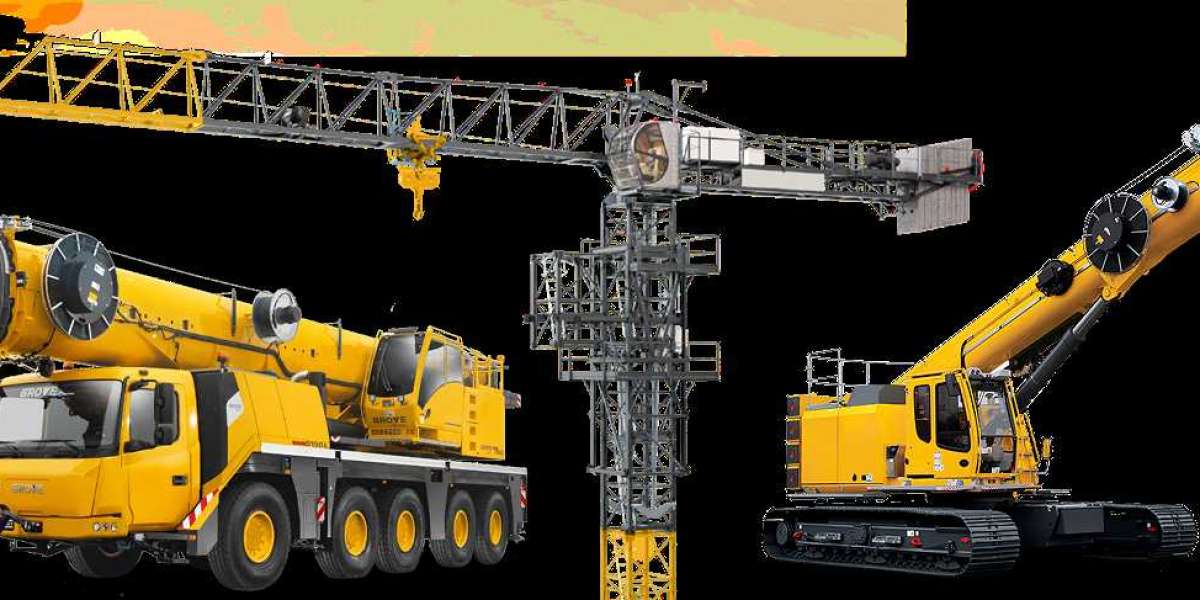Burnout has become a buzzword in our fast-paced world, but for high achievers, it’s often misunderstood, oversimplified, or dismissed entirely. If you’re a high achiever, you likely take pride in your drive, work ethic, and ability to juggle multiple responsibilities. You thrive on productivity and pushing your limits—but that same drive can make you more susceptible to burnout and fatigue.
The myths surrounding burnout often make it harder to recognize and address. In this post, I help bust the most common myths about burnout and high achiever fatigue, so you can protect your energy, maintain your health, and thrive sustainably.
Myth 1: Burnout Is Just About Working Too Much
While overwork is often a contributing factor, burnout isn’t just about the hours you put in—it’s about the mental, emotional, and physical toll of chronic stress and unmet needs.
For high achievers, burnout often stems from deeper issues like:
Perfectionism: Setting impossibly high standards and feeling like you’re never doing enough.
People-pleasing: Saying yes to everything to avoid disappointing others.
Lack of boundaries: Letting work or obligations spill into every corner of your life.
Burnout is about imbalance—when the demands on your time, energy, and attention outweigh your ability to recover and recharge.
Myth 2: Burnout Is a Weakness
One of the most harmful myths is that burnout happens because you’re not strong enough, disciplined enough, or capable enough. This belief keeps many high achievers stuck in burnout cycles, afraid to admit they’re struggling.
But burnout isn’t a sign of weakness—it’s a signal from your body and mind that something needs to change. It’s a physiological response to prolonged stress, not a character flaw.
High achievers often fall into burnout precisely because they are so strong—they push through exhaustion, ignore warning signs, and keep going long after others might have stopped. Recognizing burnout isn’t about admitting defeat; it’s about taking responsibility for your well-being.
Myth 3: Burnout Is Only About Work
Many people associate burnout with workaholism, but it can happen in any area of life where you’re overextended and under-supported. For high achievers, burnout often spans multiple domains:
Parenting: Taking on too much responsibility at home without adequate help.
Relationships: Giving all your energy to others without leaving enough for yourself.
Volunteering or side projects: Saying yes to additional commitments that stretch you too thin.
Burnout is cumulative—it’s the result of stressors piling up across various areas of your life.
Myth 4: High Achievers Don’t Get Burnout Because They’re “Built Different”
There’s a common belief that high achievers are somehow immune to burnout because they’re naturally driven, resilient, and capable. But the truth is, anyone can experience burnout, and high achievers may actually be more at risk.
Why? Because high achievers often:
Ignore early warning signs: They’re so focused on goals that they brush off fatigue, irritability, or overwhelm.
Glorify busyness: They wear long hours and relentless schedules as a badge of honor.
Struggle to rest: They feel guilty or unproductive when they slow down, making recovery difficult.
Being a high achiever doesn’t mean you’re invincible. Recognizing your limits is part of what allows you to achieve sustainably.
Myth 5: Burnout Is Just Being Tired
While exhaustion is a key symptom of burnout, it’s not the whole picture. Burnout is a complex syndrome that affects your mental, emotional, and physical health.
Signs of burnout include:
Mental fatigue: Difficulty concentrating, forgetfulness, or feeling mentally “foggy.”
Emotional exhaustion: Feeling detached, irritable, or hopeless.
Physical symptoms: Headaches, stomach issues, or chronic aches and pains.
Loss of motivation: Tasks that once excited you now feel like a chore.
Burnout isn’t just about being tired—it’s about feeling depleted on every level.
Myth 6: Taking a Vacation Will Fix Burnout
A sunny beach getaway might sound like the perfect cure for burnout, but temporary escapes rarely address the root causes.
Vacations can help you rest and recharge, but if the underlying issues—like lack of boundaries, unrealistic expectations, or chronic stress—aren’t addressed, burnout will resurface when you return to your normal routine.
Real recovery requires more than a break; it involves changing how you approach work, rest, and balance in your daily life.
Myth 7: Burnout Is Inevitable for High Achievers
Some high achievers see burnout as the price of success—as if being exhausted, overworked, and stressed is just part of the deal. But burnout isn’t inevitable; it’s preventable.
The key is learning to balance ambition with self-care. High achievers thrive on big goals, but they also need:
Rest: Regular downtime to recharge.
Support: Delegating tasks and leaning on others.
Boundaries: Saying no to protect your time and energy.
You don’t have to sacrifice your well-being to achieve your dreams.
Myth 8: You Should Push Through Burnout
The “push through” mentality is a hallmark of high achievers, but it’s also a fast track to deeper burnout. Ignoring burnout doesn’t make it go away—it makes it worse.
Recovery requires acknowledging that you need rest, support, or change. It’s not about giving up; it’s about stepping back to come back stronger.
Practical Tips for High Achievers to Avoid Burnout
Now that we’ve debunked the myths, let’s explore some actionable steps to prevent burnout and recover if you’re already feeling its effects:
- Prioritize Rest and Recovery
Rest isn’t lazy—it’s essential. Schedule regular breaks, get enough sleep, and make time for activities that replenish your energy.
- Set Clear Boundaries
Learn to say no to commitments that don’t align with your goals or values. Protect your time and energy by setting limits with work, relationships, and obligations.
- Practice Self-Compassion
High achievers often hold themselves to impossible standards. Be kind to yourself when things don’t go as planned. Progress matters more than perfection.
- Recognize Early Signs of Burnout
Pay attention to signals like fatigue, irritability, or loss of motivation. The sooner you acknowledge burnout, the easier it is to address.
- Seek Support
Final Thoughts: Thriving Without Burnout
Burnout and high achiever fatigue are real challenges, but they’re not insurmountable. By busting the myths and taking a proactive approach, you can protect your energy, sustain your drive, and achieve your goals without sacrificing your well-being.
I write about building a thriving lifestyle as a high-achiever on social media, I'd love you to connect with me on www.linkedin.com/in/drlizsewell/
Remember, you’re more than your accomplishments. Your health, happiness, and peace of mind matter just as much as the milestones you reach. When you learn to balance ambition with self-care, you’ll discover a path to success that feels as good as it looks.








